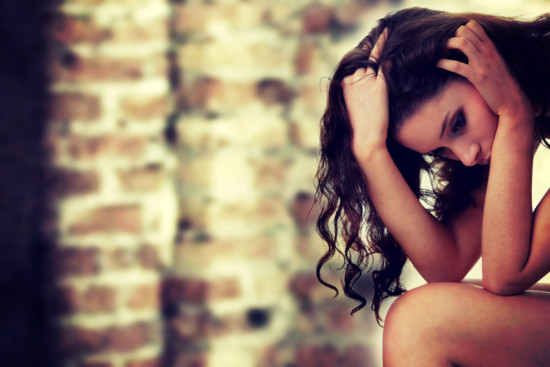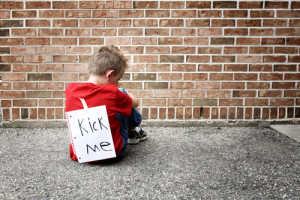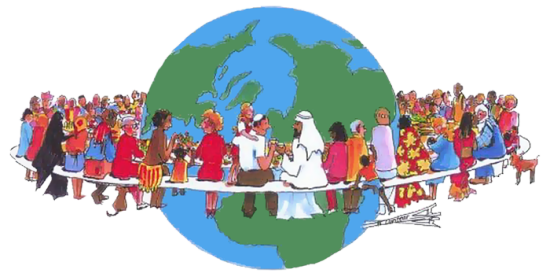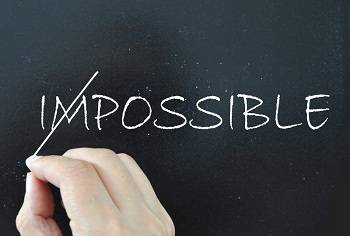Where is there a place for the slow and patient in a world devoted to speed and efficiency?
When is the moment for simple and joyful in an ever chaotic and fearful time?
What good is love when the world is falling apart around us?
Why do we repeat what is clearly not working?
How can one part affect the whole?
A Terrifying Attack
In the wake of the recently broadcasted Paris attacks I find myself mostly in conversation with others, in person and on-the-ground, rather than online reading reports, articles, and the like as I typically do. I was not online and seemingly unaware of what was taking place in the collective for a whole day after the critical point. On this day, I was driving with my partner to visit two dear friends in Ucluelet on Vancouver Island.
Something happened in Paris that day that drew the attention of millions of people. A conflict erupted which claimed the lives of too many mothers and fathers, sons and daughters, brothers and sisters. In my opinion, one is too many. This particular conflict gave rise to a volcanic eruption of emotional responses within those bearing witness. Its effects rippled around the globe like a tsunami – circling many times over before losing momentum.
I read a few headlines and skimmed some articles online over the days to follow. My repulsion away from the media and attraction toward personal dialogue came quickly this time around when one of my immediate thoughts upon viewing the media was, “I’ve read all this before”. I stepped away from it, not as a means of remaining ignorant and avoiding it, but as an inspiration to speak more directly with people about it.
Because the honest truth is that what makes me more sad than the actual bombings themselves is the divisive aftermath in its destructive shock-wave. The blaming. The fighting. The not listening. The othering. The divisive language of ‘they’, ‘them’, ‘country’, ‘religion’, and ‘refugee’. The refusal to take responsibility, learn our lessons, and change our response. The turn to even greater control in the name of safety and security. This isn’t someone else’s problem; it’s all of ours.
I mentioned to a friend how I read that all of the Paris bombers were European nationals. They responded with a comment about how we were just bombing ourselves now. The truth is that we have always been bombing ourselves.
Now before you jump ahead and think this is some hippy-dippy, new agey, fluffy whatever – know that it is – if that is what you want to take from it. Before you do choose that perspective, I encourage you to read on and reflect within your own life. Because that is where these words are coming from – my own experience. For that reason, I hope that you can sense the fullness to the stories and use them to give new lens to your own.
Transforming Helplessness
All of our experiences hold useful lessons and insight into our lives (don’t worry, you need not always understand them in order for their effects to implant in you). One of the practices I enjoy is observing the relationship between what is happening within my body (thoughts, emotions, body sensations, actions, etc.) with what is happening outside of it (in my immediate surroundings, the other people, etc.) – and on some days even beyond that to the whole world (politics, weather, news, etc.). On the day of the Paris crisis (still unknown to me at that point), my own life was experiencing a similar crisis of conflict.
My partner and I were in conflict, over what I don’t recall. Something surface and inconsequential; maybe driving directions or money. I knew there was something deeper to the issue than what was coming up in our words. We have had this same conflict before. The situation might be slightly different, but the emotions are the same. It’s nothing personal because this isn’t an individual problem – we are a unique relationship in this moment just as much as individuals. So together we dive deeper, committed to each other and to our selves, to uncover the source of this wound.
After some bumpy navigating and heated dialogue followed by a moment of silence, a word emerges – helpless. “I am just feeling helpless right now,” she informs me.
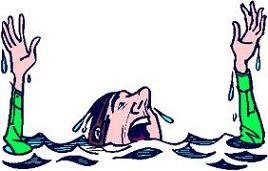 What does it mean to be helpless? To feel out of control and completely powerless? At the whim of the wind or the break of a wave; tossed and turned by a chaotic barrage of perpetual forces. This uncovering of helplessness surprised me in that moment; I couldn’t figure out how it fit into our surface situation. But I let that go because that was just my mind looking for something to fix. I knew that my response now was to be love and acceptance, forgiveness and compassion.
What does it mean to be helpless? To feel out of control and completely powerless? At the whim of the wind or the break of a wave; tossed and turned by a chaotic barrage of perpetual forces. This uncovering of helplessness surprised me in that moment; I couldn’t figure out how it fit into our surface situation. But I let that go because that was just my mind looking for something to fix. I knew that my response now was to be love and acceptance, forgiveness and compassion.
It didn’t take me long to discover the incredible intuitive abilities of this woman across from me. That is why it didn’t come as a surprise to me when I discovered the simultaneous timing of the Paris conflict with my own.
An Individual Window into the Collective Mirror
I knew that one of the waves of this eruption would be a sense of helplessness. A spontaneous bomb exploding in another city is a difficult experience to integrate and the source of such an act challenging to understand. Given our historical patterns, we look for something to blame, something to lock up, something to blow up, destroy, and vanquish. But what happens when such an enemy is not so easy to identify? What happens when we look around in shock and know not what to do?
I can imagine this causes all kinds of feelings of helplessness. I know I certainly observe this within myself – what can I possibly do to help heal the wounds of global conflict and destruction? I know my partner was feeling into this wave of helplessness in the collective consciousness at a time when many on our planet were as well. It is within this space of observing the experience of helplessness within her and myself that I was able to discover the power within the helplessness. On some level I knew that the healing I could learn from, in that moment between us, would ripple out into the world – just as the Paris tsunami did. I know that the parts affect the whole just as the whole affects the parts.
We live in a universe of feedback.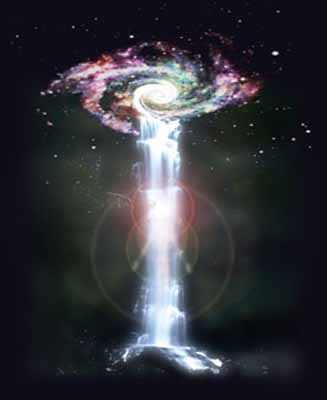
Time and time again I continue to observe greater control as the response to this feeling of helplessness. We feel helpless and do everything we can to grasp tighter to that sense of control to feel safe and secure. It’s the response of war between people. It’s the response of the micro-management of our lives and discipline over our bodies. It’s the response to chaos and unpredictability of any shape and size. The problem is that the tighter we exert control, exercise force, and try to hold on, the worse the situation gets. Like a pressure cooker with leaks we continue to patch. To continue the wave metaphor – like trying to swim against the direction of the waves. When something isn’t working, why do we keep trying harder instead of changing approaches? Such insanity.
What I have found to be infinitely more useful is to practice surrender and acceptance. To me, this means to simply recognize that there are many other forces and influences at play in life – none of which you have control over. The waves will do what the waves will do. This doesn’t mean that you stop moving and just sink to the bottom and drown. You still move, dance, and act – only this time you tread water to keep your head above the surface and see where the waves take you. You also might even swim if you find a beautiful island in the distance. But if a storm kicks up and knocks you off course you trust that you will find your way.
So what do bombs, my intimate conflict, and all of these waves have to do with one another?
Being in a partnership is one of the devotions of my time that I feel guilty about at times. This leads me back to one of my first questions in this blog – what good is falling in love while the world falls apart around me? How can holding hands and smooches in the park take priority over launching a global hunger awareness campaign?
By learning to love another we learn to love ourselves.
When we love ourselves we love others.
We might look at something like the Paris conflict and think we had nothing to do with it, but we all do. We are all in this together and pointing figures of blame or slamming the hammer of self-righteous punishment is not the way to heal and move forward as family. How can we work to restore victim to healing and compassion and perpetrator to humility and reconciliation?
The critical point of a bomb exploding in a city or a person murdering others at a school is simply a macro-reflection of parts of the individuals within the collective. When we observe such acts, we are invited to look at a difficult part of our selves – difficult because it’s messy and we would rather not. This is how we change the world on an individual level and integrate the feelings that arise bearing witness to atrocity. Blaming, ignoring, denying, and distracting are all ways we refuse to take responsibility for our part in the story – and by “our part” I mean what we can do here and now to pick up and move forward. To include, heal, and break the chain of violence; or to divide, wound, and feed the fight.
If you can find healing of the emotional responses within yourself that events like the Paris conflict elicit – be it anger, hatred, fear, helplessness, disconnection, etc. – then you are healing the planet and changing the course of humanity. How? Because when you find the healing within yourself (really the only thing you have influence over anyways) then you bring that healing forward into your personal relationships.
When you learn to navigate conflict in healthy ways – surrendering to its inevitability and trusting in your ability to act however love guides you into greater compassion, forgiveness, and mutual understanding – within your own life with those you love – you are learning for the whole world. You are learning to jump, dive, and play in the water’s waves, creating tiny ripples of your own to be felt and remembered by others. It is in this way we learn to play together and create tsunamis of cooperation and togetherness, compassion and healing.
Some of the most powerful words to voice during moments of helplessness are “I don’t know”.
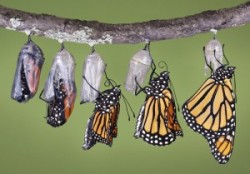 In such a show of humility and courageous vulnerability, the world responds. The conflict resolves. The direction is found. The wound is released. The transformation complete.
In such a show of humility and courageous vulnerability, the world responds. The conflict resolves. The direction is found. The wound is released. The transformation complete.
I don’t know the full picture of why falling in love would benefit anyone other than myself and a partner, but I do see how each partner I have teaches me how to love more of myself. How to respond, engage, lead, follow, serve, hold space, heal, and dance with another. How to dissolve more of the division and conflict. How to create bridges and break down walls. How to play in the waves.
The art of love is one that enhances my entire life and all of my relations. As I open myself to love and connection with others, I learn to do that with all people and the planet as a whole.
I don’t know what the solution is for dealing with acts of terror and global conflict. All I know is that it isn’t more bombs, more blame, more division, more fences, or more war.
Observe what arises within you.
Seek first to understand.
Treat others as you would treat yourself.
Play every day!
